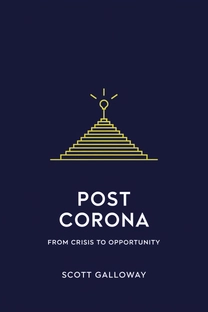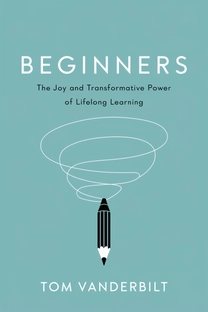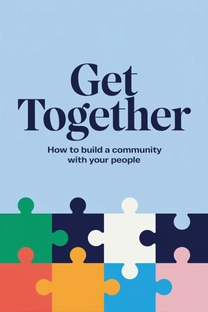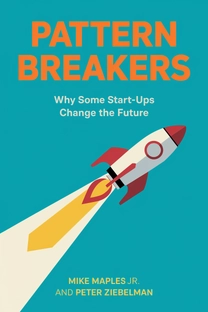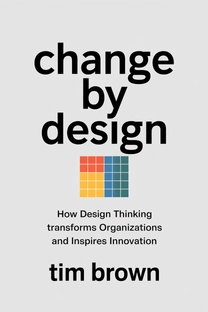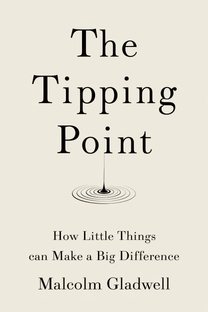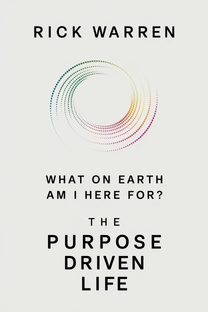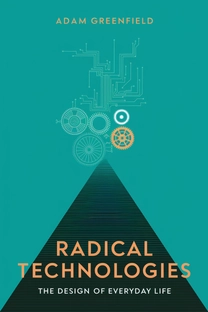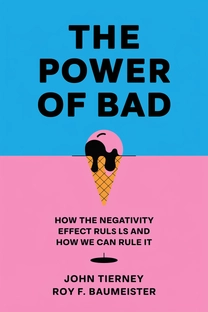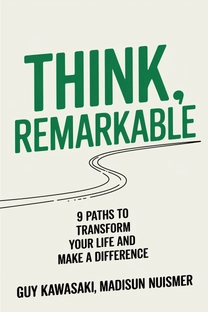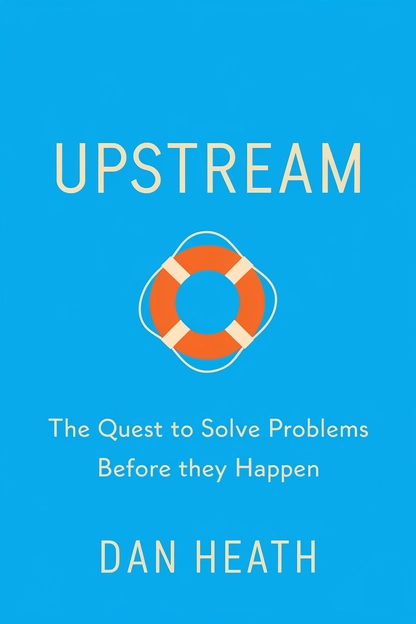
Upstream
The Quest to Solve Problems Before They Happen
by Dan Heath
Brief overview
This book shows how shifting from reacting to problems once they occur to stopping them before they begin can transform entire systems. It explores real-life examples where people succeeded by challenging assumptions, coordinating fresh approaches, and methodically closing gaps where issues typically arise. Expect to learn why upstream thinking isn’t just about fixing problems earlier—it’s about making them less likely to happen at all.
Introduction
Imagine you’re by a river and notice a child drowning. You save them, only to see another child drifting downstream moments later. This becomes a never-ending rescue mission. In the same way, most of our efforts to deal with problems are downstream—reactive rather than preventive.
This opening scenario reveals the core question of the book: Are we so busy rescuing that we never solve why so many people are in trouble in the first place? By continuously reacting to crises, we allow deeper systems issues to go unchallenged.
Throughout these pages, we’ll learn how people around the world have gone upstream—transforming how they address homelessness, school dropouts, health challenges, and more. Their success stories highlight what’s possible when we shift our perspective.
Why We Stay Downstream
One reason we remain downstream is problem blindness—believing issues are inevitable. For instance, many once viewed high school dropouts in big cities as normal, assuming low graduation rates resulted from poverty or lack of motivation.
Another barrier is that reactive work demands immediate attention, pushing out preventive thinking. Firefighters, doctors, and customer service reps have to act now. When urgency is constant, we lose sight of the upstream opportunities that could prevent the next crisis.
People often feel stuck or powerless, concluding bigger forces are responsible. Yet these obstacles hide the potential for creative angles. A key takeaway is that being stuck in day-to-day emergencies doesn’t mean we can’t pause and engineer fixes for systemic problems.
What is Upstream about?
In "Upstream: The Quest to Solve Problems Before They Happen," author Dan Heath delves into the transformative power of proactive problem-solving. This insightful book urges readers to move from merely reacting to challenges as they arise towards preventing them at their source. Through a rich tapestry of real-world examples, Heath explores how individuals and organizations have successfully harnessed upstream thinking to anticipate and forestall issues across varied contexts, from healthcare to education, highlighting systemic changes that make persistent problems less likely to occur.
Focusing on why many serious issues persist until someone claims a preventive solution, "Upstream" offers a fresh perspective by advocating for small but impactful actions. It emphasizes the importance of utilizing hidden leverage points and bringing disparate stakeholders together under shared goals. Heath also provides tools for measuring upstream success—defined not by what did happen but by what didn't—and underscores the need for vigilance against unintended consequences. Ultimately, the book challenges conventional mindsets, urging readers to approach life and work with a preemptive, solution-oriented ethos.
"Upstream" matters because it empowers readers to transcend knee-jerk reactions, equipping them to design better outcomes and increase systemic efficacy. As an enlightening guide, the book invites everyone to look ahead, fostering a culture of preparedness and resilience in personal and professional domains alike.
Review of Upstream
Dan Heath's "Upstream" stands out as a compelling examination of the imperative yet often overlooked need for preventive problem-solving. The book's key strength lies in its ability to compel readers to rethink the status quo of reactive approaches, providing invaluable insights for anyone looking to implement proactive strategies effectively. Heath effectively grounds his discussion in a wealth of practical applications, enabling readers to immediately see the relevance of upstream thinking in their lives. For example, by illustrating how small interventions can avert downstream crises, Heath offers a clear roadmap for finding and leveraging strategic systemic chokepoints.
In addition to the engaging storytelling, Heath's writing is notably accessible, deftly intertwining data and anecdote without overwhelming the reader. Whether addressing complex interdisciplinary collaborations or unveiling the nuances of systemic change, his clear prose invites readers from all walks of life into a broader conversation about prevention. Furthermore, "Upstream" appreciates the need for holistic involvement, speaking to a range of audiences from managers to educators, underscoring the importance of communal effort in preemptive solutions.
Ultimately, "Upstream" is recommended for readers aspiring to cultivate an anticipatory mindset over a purely responsive one. With its professional yet inviting tone, the book not only informs but impels meaningful action, endorsing the transformative potential of well-executed foresight in any field.
Who should read Upstream?
- Corporate Leaders and Managers: Gain insight into building a proactive team culture that anticipates and addresses problems before they escalate, leading to streamlined operations and happier employees.
- Educators and Administrators: Find inspiration in upstream strategies that can be used to innovate and systematize educational practices, reducing dropout rates and improving student outcomes.
- Healthcare Professionals: Learn how upstream thinking can help shape policies and interventions that prevent health issues, minimizing long-term costs and improving patient care.
- Community Organizers: Utilize the concepts in "Upstream" to effectively mobilize communities around shared preventive goals, fostering systemic change and long-term benefits.
- Individuals Seeking Personal Development: Apply upstream methodologies to identify root causes of personal challenges and preemptively address them, leading to healthier and more fulfilling life experiences.
About the author
Book summaries like Upstream
Why readers love Mindleap
10-Minute Book Insights
Get the core ideas from the world's best books in just 10 minutes of reading or listening.
Curated For You
Discover your next favorite book with personalized recommendations based on your interests.
AI Book ExpertNew
Chat with our AI to help find the best book for you and your goals.
Reviews of MindLeap
Love how I can get the key ideas from books in just 15 minutes! Perfect for my busy schedule and helps me decide which books to read in full.
Alex R.
The summaries are incredibly well-written and the audio feature is perfect for my commute. Such a time-saver!
Jessica M.
Great app for personal growth. The insights are clear and actionable, and I love how they capture the essence of each book.
Chris P.
The app is beautifully designed and the summaries are top-notch. Definitely worth every penny!
Sarah K.


